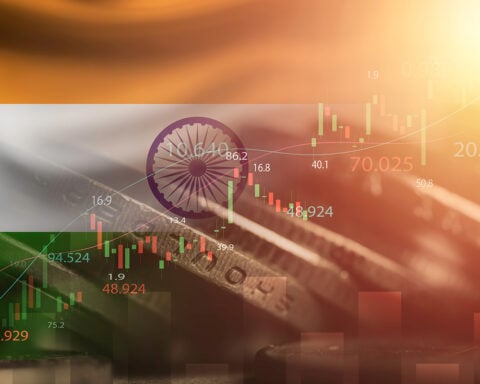In a seismic departure from the established world order led by the United States, the Global South is quietly and resolutely rewriting the rules of the game.
Historically shaped by Western economic principles, the developing nations comprising the Global South are seizing the opportunity to reshape their destinies. From economic policies to geopolitical allegiances, their actions are revealing a paradigm shift that has far-reaching implications.
Empowering Economic Autonomy
Gone are the days when the Global South adhered to the rules of trade dictated by the U.S. and its Western allies. Instead of being mere participants, developing countries are demanding greater control over their resources. N
ations like Ghana are restricting exports of vital minerals, such as lithium and nickel, essential for emerging industries like electric vehicles. Argentina, Brazil, Chile, and Indonesia are opting for investments from China over the U.S., signaling a shift in economic allegiance.
Rethinking Geopolitical Alignments
The Global South is no longer a playground for geopolitical rivalry between major powers. Countries are abstaining from taking sides in conflicts such as the standoff between the U.S. and China.
Neutrality has become the watchword, with leaders emphasizing their role as friends to all. This shift is exemplified by the abstention of 32 countries from a UN resolution demanding Russia’s withdrawal from Ukraine, indicating a desire to detach from historical affiliations.
Challenging the Dollar’s Dominance
While the U.S. dollar has long been the linchpin of international transactions, the Global South is exploring ways to reduce its dependence. Nations are diversifying their currency baskets to lessen the dollar’s stranglehold on their economies.
Localized digital payment systems are emerging, offering alternatives to dollar-based transactions. Discussions around the possibility of a common currency in Africa underscore the commitment to challenging the dollar’s supremacy.
Pioneering a New Global Landscape
As the Global South forges its independent path, a new world order is beginning to emerge. The old alliances and economic norms are being reevaluated as nations seek autonomy, fairness, and opportunities for growth.
While skepticism towards established powers grows and dissatisfaction with their actions mounts, the Global South is not merely reacting; it’s formulating its vision for the future. This paradigm shift in international dynamics heralds an era of transformation that will undoubtedly shape the course of global affairs for years to come.







